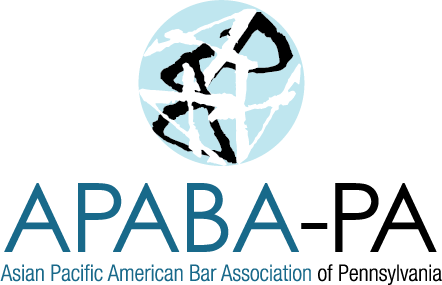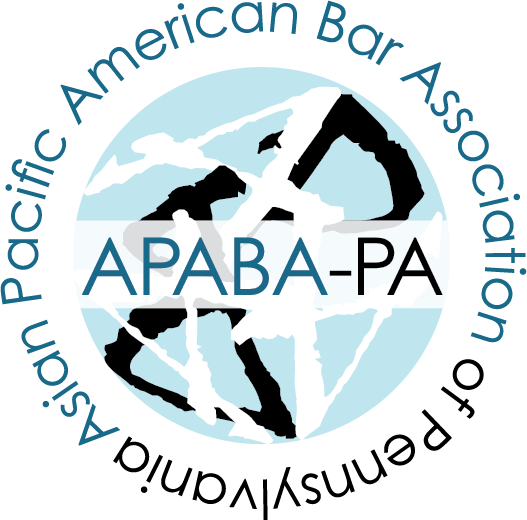Statement of APABA-PA in response to Students for Fair Administration of Justice v. Harvard and Students for Fair Administration of Justice v. University of North Carolina:
July 1, 2023
APABA-PA is disappointed in the Supreme Court’s decision this Thursday to break with decades of precedent and progress in addressing racial inequities. Last year, APABA-PA joined an amicus brief alongside 121 Asian American organizations and scholars that set forth the history and necessity of race-conscious admissions programs at colleges and universities in this country. We applaud Justice Sonia Sotomayor for her thorough dissent, which refuted the majority’s attempt to confuse, mythologize, or obscure the Asian American experience. As noted by Justice Sotomayor, citing to the amicus brief, the term “Asian American” was not devised by bureaucrats who wished to group all Asian Americans into a single racial category or who were uninterested in whether Asian American students were adequately represented. Rather, the term Asian American was coined in the late 1960s by Asian American activists, mostly college students, to unify Asian ethnic groups that shared common experiences of race-based violence and discrimination and to advocate for civil rights and visibility.
Justice Sotomayor further went on to recognize:
There is no question that the Asian American community continues to struggle against potent and dehumanizing stereotypes in our society. It is precisely because racial discrimination persists in our society, however, that the use of race in college admissions to achieve racial diverse classes is critical to improving cross-racial understanding and breaking down racial stereotypes.
. . .
Race-conscious holistic admissions that contextualize the racial identity of each individual allow Asian American applicants who would be less likely to be admitted without a comprehensive understanding of their background to explain the value of their unique background, heritage, and perspective. Because the Asian American community is not a monolith, race-conscious holistic admissions allow colleges and universities to consider the vast differences within that community. Harvard’s application files show that race-conscious holistic admissions allow Harvard to value the diversity of Asian American applicants’ experiences. Moreover, the admission rates of Asian Americans at institutions with race-conscious admissions policies, including at Harvard, have been steadily increasing for decades. By contrast, Asian American enrollment declined at elite universities that are prohibited by state law from considering race. At bottom, race-conscious admissions benefit all students, including racial minorities. That includes the Asian American community.
(internal citations and quotations omitted).
APABA-PA has worked and will continue to work to combat racial stereotypes, to call out and fight ethnicity-based violence, and to stand in solidarity with other communities and groups who work to do the same. APABA-PA believes that diversity enriches and balances each classroom, workplace, and community. We are committed to remaining a resource to support diversity in the legal profession and we support the leaders of our country’s higher education institutions as they implement effective and lawful ways to ensure diverse environments.
- On July 1, 2023

